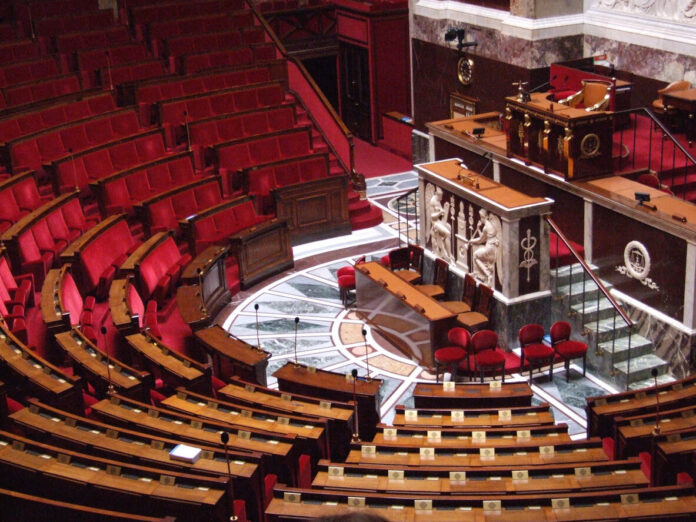It’s a real soap opera with twists and turns that has been unfolding before our eyes since January and the announcement of the pension reform. Rejected by the majority of French people, it was nevertheless adopted by the National Assembly, thanks to article 49.3 engaging the responsibility of the government of Elisabeth Borne. After a trying democratic process, the executive, which has drawn up a plan to have the law repealed, must face the last gasp of the opposition.
Between motions of censure, examination by the Constitutional Council and referendum of shared initiative, nothing worked: the pension reform was still adopted. A victory for the executive, which managed to bring this controversial text to the end, despite political and social protest. The government now wants to turn the page and move on to new reform plans, but the opposition continues to seek ways to repeal the law.
On June 8, the Liot group will be master of a parliamentary niche in the National Assembly and it intends to take the opportunity to present a bill to abolish the increase in the legal retirement age. Despite the many hardships faced by the executive, the majority does not seem serene in the face of this prospect and recently met to find a solution to counter the group’s argument. She fears that the deputies, very divided on the question, will be tempted to validate this proposal.
During the committee meeting with parliamentarians in the Assembly, the text of the Liot group was thus adopted without the article requiring the repeal of the reform. During this first study of the text, carried out in a stormy atmosphere, the main parties concerned argued over the main themes of this bill. This is therefore a first victory for the opposition, which sees the possibility of having the text adopted is getting closer.
In this favorable context, the debate could well and truly take place on June 8 and the Liot group would then like to bring article 1 back to the session, which intends to put an end to the retirement fixed at 64 by means of an amendment. . It remains to be seen what will happen on the side of the executive, which intends to declare this article inadmissible because it does not comply with article 40 of the Constitution.
As reported by our colleagues from BFMTV, the deputy Liot Charles de Courson, questioned at the microphone of LCP, announced that he would redeposit “an amendment to put back the initial text”. However, he admits to being lucid about the future reaction of the presidential majority and explains that an “objection” will be pronounced for “financial inadmissibility”.
The amendment must therefore be submitted to the President of the National Assembly, Yaël Braun-Pivet, who is likely to declare it inadmissible. By this decision, it would be in contradiction with the Bureau of the Assembly, which has already deemed the law admissible. For Charles de Courson, “we walk on the head […] The denial of democracy continues”.















